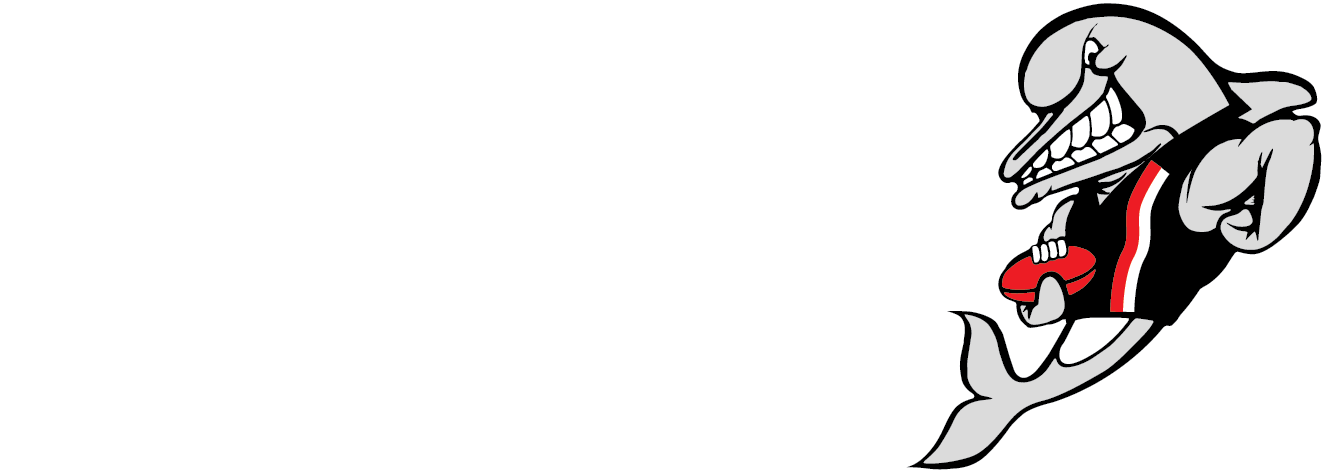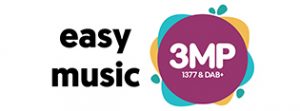The Importance of Disciplinary Code Collective Agreement
Disciplinary Code Collective Agreement is a component of organization or company. It sets the guidelines and standards for the behavior and conduct of employees, ensuring a positive and productive work environment.
As who been involved legal for years, I come appreciate significance Disciplinary Code Collective Agreement maintaining order fairness within organization.
Key Elements Disciplinary Code Collective Agreement
A Disciplinary Code Collective Agreement should cover aspects such as:
| Violation | Consequences |
|---|---|
| Unauthorized absence | Verbal warning, written warning, dismissal |
| Workplace harassment | Investigation, disciplinary action, termination |
| Substance abuse | Drug testing, counseling, termination |
Having clear guidelines on these matters helps create a fair and transparent process for dealing with disciplinary issues.
Case Study: Impact Disciplinary Code Collective Agreement
One notable case study is implementation Disciplinary Code Collective Agreement in large corporation. Prior to the agreement, there was a lack of consistency in handling disciplinary matters, resulting in employee dissatisfaction and low morale.
After implementation Disciplinary Code Collective Agreement, there was significant improvement employee behavior overall workplace atmosphere. The clear guidelines and consequences outlined in the agreement helped maintain discipline and reduce instances of misconduct.
The Role of Legal Professionals in Drafting Agreements
Legal professionals play crucial role drafting Disciplinary Code Collective Agreements. Their expertise ensures that the agreement complies with labor laws and is fair to both employers and employees.
Through thorough legal review and consultation, legal professionals can provide valuable insights and recommendations for enhancing the effectiveness of the agreement.
Disciplinary Code Collective Agreement is tool promoting harmonious productive work environment. Its impact on employee behavior and organizational culture cannot be overstated. By ensuring that the agreement is well-crafted and legally sound, organizations can effectively manage disciplinary issues and maintain a positive workplace atmosphere.
Disciplinary Code Collective Agreement
In order to maintain a fair and consistent approach to discipline in the workplace, this collective agreement outlines the rules and procedures for disciplinary action to be taken against employees as agreed upon by all parties involved.
| Clause 1 – Definitions |
|---|
| 1.1 “Employee” refers to any individual employed by the company. |
| 1.2 “Disciplinary Code” refers to the set of rules and regulations governing employee conduct and behavior. |
| 1.3 “Collective Agreement” refers to the agreement entered into by the employer and employee representative body regarding terms and conditions of employment. |
| Clause 2 – Application |
|---|
| 2.1 This disciplinary code shall apply to all employees of the company, regardless of position or role. |
| 2.2 Any disciplinary action taken against an employee must be in accordance with the terms of this collective agreement. |
| Clause 3 – Disciplinary Procedure |
|---|
| 3.1 The employer shall follow a fair and unbiased procedure when disciplining an employee, including providing the employee with written notice of the allegations against them and an opportunity to respond. |
| 3.2 The employee shall have the right to be represented by a colleague or union representative during any disciplinary proceedings. |
| Clause 4 – Appeals |
|---|
| 4.1 An employee who has been disciplined may appeal the decision within a specified time frame, in accordance with the company`s appeal procedure. |
| 4.2 The appeal shall be heard by an independent panel, as agreed upon by the employer and employee representative body. |
By entering into this collective agreement, the employer and employee representative body acknowledge and agree to abide by the terms and conditions set forth herein.
Top 10 Legal Questions about Disciplinary Code Collective Agreements
| Question | Answer |
|---|---|
| 1. What a Disciplinary Code Collective Agreement? | A Disciplinary Code Collective Agreement is legally binding document negotiated between employer recognized trade union, governing disciplinary procedures standards within workplace. It outlines the rules and regulations that both parties agree to adhere to when dealing with disciplinary matters. |
| 2. Can employer unilaterally change Disciplinary Code Collective Agreement? | No, employer cannot unilaterally change Disciplinary Code Collective Agreement without consent trade union. The agreement is a result of negotiations and must be mutually agreed upon by both parties. |
| 3. What happens if employee violates terms Disciplinary Code Collective Agreement? | If employee violates terms Disciplinary Code Collective Agreement, employer must follow prescribed disciplinary procedures outlined agreement. This may include verbal warnings, written warnings, and ultimately, dismissal if the violations persist. |
| 4. Are legal requirements content Disciplinary Code Collective Agreement? | Yes, Disciplinary Code Collective Agreement must comply with all relevant labor laws regulations. It should clearly outline the disciplinary procedures, grounds for disciplinary action, and the rights of both the employer and the employees. |
| 5. Can employee challenge validity Disciplinary Code Collective Agreement? | Yes, employee can challenge validity Disciplinary Code Collective Agreement if they believe violates their rights outlined labor laws if not negotiated good faith. However, such challenges must be supported by strong legal grounds. |
| 6. How often should Disciplinary Code Collective Agreement reviewed? | A Disciplinary Code Collective Agreement should reviewed periodically ensure relevance compliance with changes labor laws workplace dynamics. It is advisable to review the agreement at least once every few years. |
| 7. Can Disciplinary Code Collective Agreement enforced non-unionized employees? | Yes, Disciplinary Code Collective Agreement can extended cover non-unionized employees if agreed upon both employer employees. In such cases, the agreement becomes a part of the employment contract for all employees. |
| 8. What role trade union play enforcing Disciplinary Code Collective Agreement? | A trade union has responsibility ensure employer adheres terms Disciplinary Code Collective Agreement rights employees protected. They may also represent employees in disciplinary hearings and negotiations related to the agreement. |
| 9. Can Disciplinary Code Collective Agreement used evidence legal proceedings? | Yes, Disciplinary Code Collective Agreement can used evidence legal proceedings, especially cases involving disputes over disciplinary actions terminations. It serves as a legally binding document that outlines the rights and obligations of both parties. |
| 10. What steps employer take ensure compliance Disciplinary Code Collective Agreement? | An employer should provide regular training managers supervisors provisions Disciplinary Code Collective Agreement. They should also ensure that all disciplinary actions are documented and administered in accordance with the agreement to avoid any potential legal disputes. |









